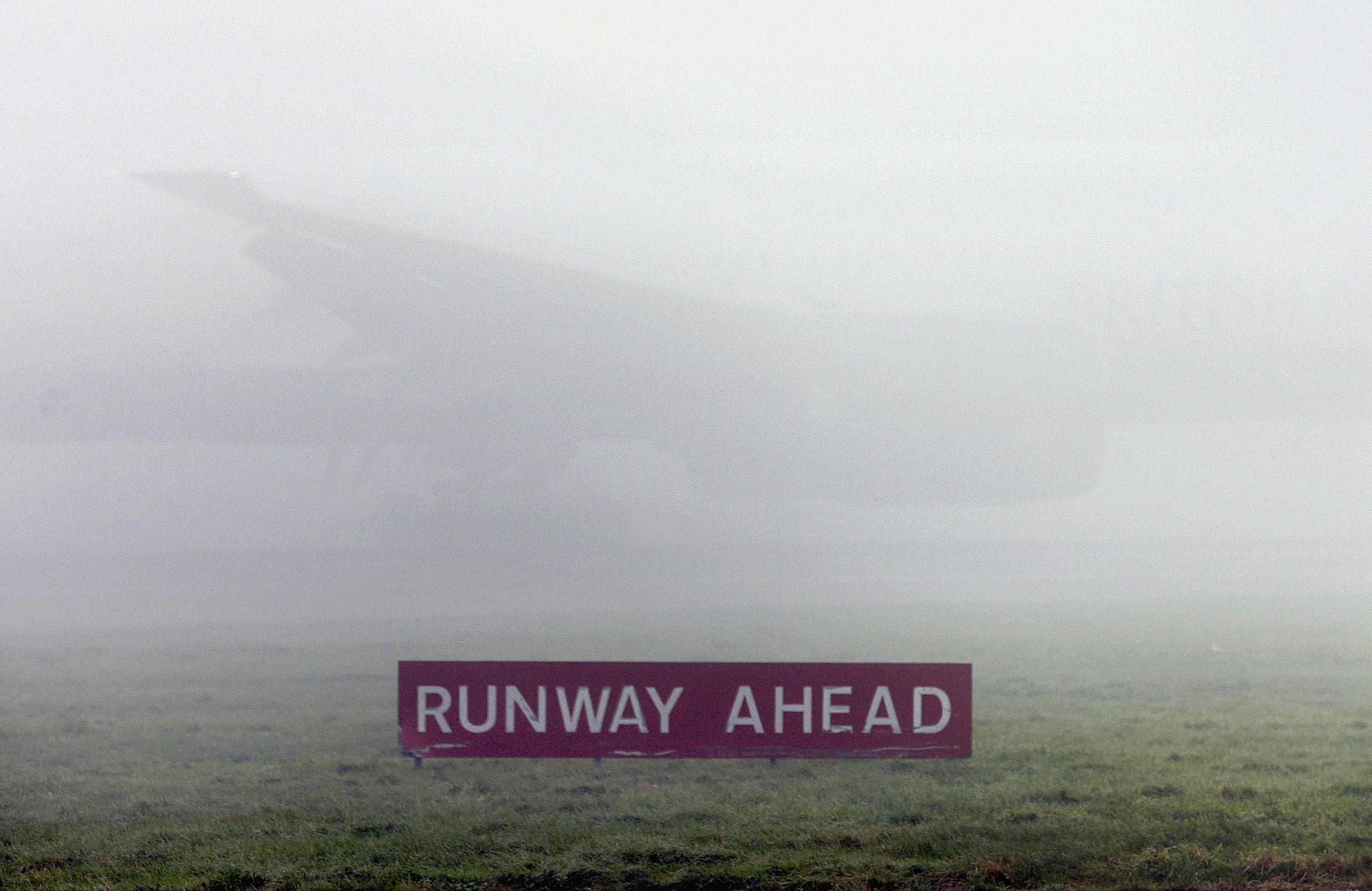Britain is good at talking about plans, like the Heathrow runway, but not so good at action
Other countries get on, and debate, and reject – or they approve, and build, and open. Not in Britain

Airport capacity in London requires expanding, so said the Roskill Commission, in 1968.
Now, finally, the government has given the go-ahead for the creation of a third runway at Heathrow. Except it’s not final, not quite. MPs still need to vote.
But it likely to go through. Then, the runway should be ready in 2026, but that’s only if there’s no more wrangling and protracted legal disputes that could delay its completion still further. All told, we could easily be looking at more than 50 years, from Roskill sitting, until the first flights at the enlarged Heathrow take off.
Whatever the rights and wrongs of a bigger Heathrow versus Gatwick, and the environmental impact of a new runway, we should step back and use this as the defining moment in British infrastructure policy: the one where we said enough, really, must mean enough.
Other countries get on, and debate, and reject – or they approve, and build, and open. Not in Britain. We seem to revel in the fact that everyone should be able to chip in, that they all have a say, that their lawyers can do their worst, and politicians, who must ultimately make up their minds, are able to procrastinate. And they all continue to do so, over decades.
We live in a globally competitive age. It may depress some folk on these islands, but we don’t have an empire anymore. International trade and investment is no longer handed to us on a plate. We have to fight for it, and we face fierce opposition from countries that are coming up fast, that can offer gleaming, ultra-modern, state of the art transport links.
Here, while we row and decide nothing, our airports that serve our capital – a city that is desperate to hang on to its position as the world’s leading financial centre – are at full stretch; the nation’s trains are overcrowded and often delayed and slow; and our roads are heaving and covered in potholes. That’s just transport.
We don’t have sufficient affordable homes, and many of the ones we do have, as the Grenfell Inquiry is exposing in terrible detail, are in dire condition. Then there are the hospitals and schools that urgently need refurbishing – or better still, completely demolishing and replacing.
Did someone mention power generation? Yes, we need to invest heavily in power stations or we face chronic shortages in the decades ahead.
And what about digitalisation? Other nations are moving ahead, at speed, with plans to turn their entire economies over to digital, creating efficient, paperless societies. But to do that you must ensure everyone can get online access everywhere, and on that we’re way behind the curve.
Small wonder then, that the World Economic Forum puts Britain 24th in the world in the quality of its infrastructure.
We lack joined-up thinking. We approach projects piecemeal, and frequently they who shout the loudest receive the green light. So, we want to build HS2, to supply a faster train service to the northwest. Meanwhile, the northeast, also entitled to regard itself as part of the economy’s engine, and certainly an area which the authorities have earmarked for potential inward investment, is accessible by road: by a dual carriageway marked by numerous roundabouts. A high-speed train to Manchester or a motorway to Newcastle? Why choose one – why not both?
Politicians are reluctant to commit, because they don’t have the vision. They can rarely see beyond the next general election. They’re not keen either to give someone else the honour of cutting the ribbon on a development they instigated.
They’re also acutely aware, as well, that we simply don’t have the money. Such is the nature of our public finances, struggling to manage in an overcrowded island, trying to provide healthcare and welfare that was conceived in a different period and is gasping to keep up, that there is no leeway: no spare cash. If they want to spend big on an idea, they have to take it from somewhere else, or they have to turn to the private sector for assistance.
Our record with the latter, however, is not convincing. The Private Finance Initiative was launched in a blaze of optimism, but then slipped as it was seen to be a vehicle for City sharp suits enriching themselves at the public’s expense.
So decisions and plans are parked. Gaping needs are not answered. What we don’t have is a long-term plan, orchestrated by a body with real clout, that can move quickly, and knock heads together – and is independent and impartial. The two recently-created organisations charged with boosting infrastructure, the Infrastructure and Projects Authority and National Infrastructure Commission, are not sufficiently separate from government.
We did it with interest rates, with the establishment of an independent Bank of England and Monetary Policy Committee. Something similar is required where infrastructure is concerned. The third runway saga, and the World Economic Forum ranking, should tell us we have a serious problem. It’s time to do something about it.
Chris Blackhurst is a former editor of The Independent, and executive director of C|T|F Partners, the campaigns and strategic communications advisory firm.
Join our commenting forum
Join thought-provoking conversations, follow other Independent readers and see their replies
Comments
Bookmark popover
Removed from bookmarks